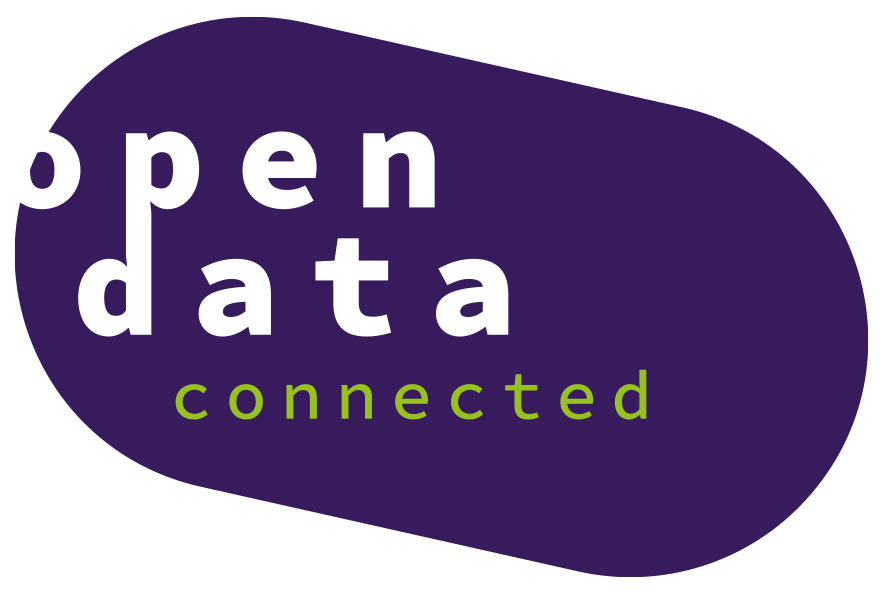One of the main reasons the current state of Open Datasets is so disconnected is because of the limitations imposed on the content and actual releases of broader sets of data.
Not all data can be opened. Reasons include business, privacy, regulatory, social, and ethical issues. This is the issue of Open Datasets and the gaps between data that can be opened publicly and the information desired from data analyzing/processing organizations. Data spaces that are shared across sectors can provide a sector-specific data environment within a trusted and controlled environment.
When it comes to interoperability between open datasets and sectoral data spaces, it is imperative to approach the semantic definitions as a cross-sectoral approach. Business and regulatory terms (and ambitions) differ, both in origin and in goals.
Edge data models used for machine to machine communication often share the same entities and attributes, but differ in their semantic models to describe them. Examples like FI-Ware, Gaia-X, etc. are also very relevant in this domain. The recent work by ETSI on MEC interoperability and information architecture is also very promising. There has already been a focus on the semantics of metadata (such as Dublin Core, OAI-PMH, etc.), which also helps in data entity classifications/labelling. However, there is still a need for a focus on the semantic definitions of the actual data itself.
Many projects and initiatives already exist, such as IDSA reference architectures, Gaia-X dataspaces, HORIZON interoperability projects, W3C standards for OCAT catalog management, verifiable identities, scientific FAIR data, personal data spaces (vaults, wallets, SSI).
Open data spaces can be enriched by sectoral data spaces (statistical comparison data), but also by personal data spaces (comparing cohorts/peer groups). Sectoral data spaces can generate anonymized and aggregated data to be published as open data again (e.g. demographic data). When aligning ontologies, vocabularies, and interests, we must consider the business, legal, technology, and societal aspects. It is unrealistic to expect an all-encompassing model, but we must still strive to take steps forward and continuously improve.
